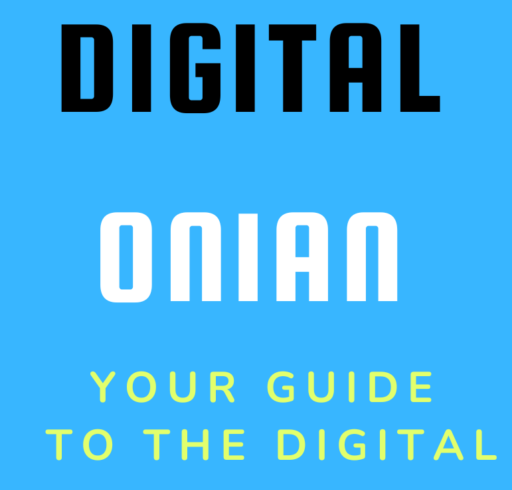Analyzing Google’s Core Update | The Pitfalls of Search Engine First Content
Since the rollout of Google’s Helpful Content Update (HCU), I’ve been nurturing a theory about SEO practices, particularly search engine first content. Imagine a website where the bulk of its pages are crafted around exact match keywords pulled from tools like AdWords, Google Autosuggest, Ahrefs, Ubersuggest, and Answer the Public—essentially, what many affiliate sites are doing. In this scenario, the site essentially becomes a net for “trending keywords” and “very specific search queries,” which is how Google refers to these terms now.
Google is quite good at identifying such strategies, especially when these exact keywords are used directly in titles and headers without creative adaptation. This straightforward approach makes it glaringly obvious to Google that the primary goal of the content is to chase trends, potentially at the expense of offering real value or insight.
This can make such sites easy targets for demotions in search rankings, as they are perceived as less helpful to users. Here’s what I am talking about:

The Pitfalls of Search Engine-First Content
Creating search engine-first content—where the primary aim is to rank rather than inform or help—can be risky. It’s easy for Google to recognize patterns like duplicate content, mass page boilerplate issues, and an over-reliance on keywords. As suggested by their guidelines on creating helpful content, Google’s perspective implies that content built primarily for search engines might not be truly helpful for users. This leads us to an important question: how do you balance SEO with genuine user value?
The Art of Deoptimizing Content
One approach that has seen success is the strategy of deoptimizing content. This doesn’t mean making your content less relevant, rather it involves crafting titles that are slightly different from the autocomplete suggestions or trending keywords generated by tools like ahrefs or Ubersuggest. For example, instead of using a title verbatim from a keyword tool, tweaking it to add unique value or a personal touch can significantly impact how users and search engines perceive your content.
Consider a site like Reddit, where content is often not optimized at all in the traditional SEO sense. Yet, Google ranks these posts highly when they are relevant and engaging, despite the absence of targeted keywords. This suggests that Google’s algorithms identify and reward content that benefits users, regardless of SEO tactics.
The Importance of User Intent and Content Diversity
Focusing on user intent is crucial. For instance, a solar installation company should align its content with what customers are searching for. While it’s tempting to dive into the scientific and engineering aspects of how solar panels work or how they’re manufactured, what the customer usually seeks are practical guides and comparisons like “pricing and local incentives” or “lease vs buy” options.
Here’s what comprehensive content might cover for a solar company:
- Benefits of Solar Energy: Explaining why solar is a good choice, including environmental impact and long-term savings.
- Product Options: Detailed comparisons of different brands, types of installations, and suitability for various homes and roof types.
- Financial Guidance: Information on pricing for common kWh size installs, local incentives, and financing options.
- Customer Assurance: Emphasizing certifications, experience, and customer service standards to differentiate from competitors.
Building a Balanced Content Strategy
There’s no golden ratio of page types that will guarantee SEO success. Instead, a balanced approach that mixes well-optimized money pages with genuinely informative content can be effective. Adding diverse content that resonates with your audience’s interests and needs without solely focusing on SEO metrics is key to sustainable success.
Lastly, don’t underestimate the power of good links. Building strong, relevant links remains a staple of SEO, reinforcing your site’s authority and trustworthiness.
In conclusion, while it’s essential to keep up with SEO best practices and trends like those outlined by tools such as CORA, it’s equally important to ensure your content aligns with your audience’s actual needs and interests. By focusing on creating genuinely helpful content, you can improve your SEO standings and build a loyal audience base.
